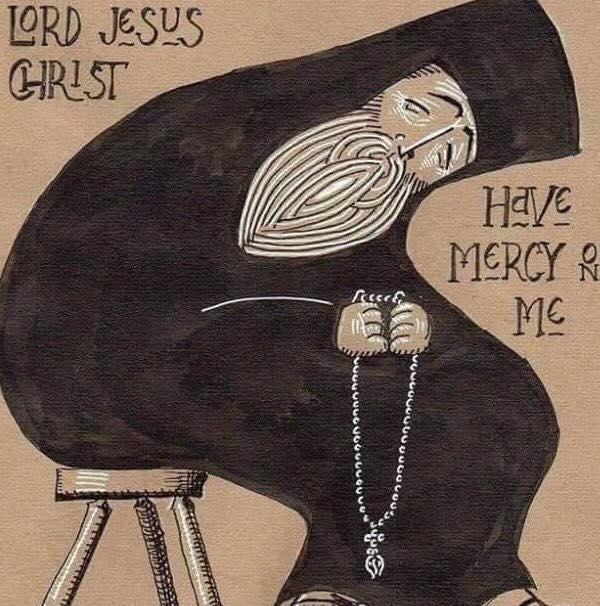Fr. George “Yuri” Kuzara, C.PP.S., has biritual faculties for the Ukrainian Greek Catholic Church. He serves as pastor of St. Michael Ukrainian Catholic Church in Mishawaka, Ind. He offers this fascinating look at the way the liturgical season leading up to Easter is celebrated in the Ukrainian Greek Catholic Church:
For Roman Catholics, the season of Lent began with the blessing of ashes and their distribution on Ash Wednesday. But for the Catholic and Orthodox Churches of the East, it is very different.
For the Ukrainian Greek Catholic Church, the Great and Holy Fast begins with the celebration of Vespers of Forgiveness Sunday. This is a beautiful service ending with a service of forgiveness, which is only celebrated during this time of the liturgical year, and at its conclusion the Great and Holy Fast begins. The term “Lent” is not used in Churches of the East for this period of fasting as there are four main “Lents” throughout the liturgical calendar.
The Vespers Service begins with bright vestments and concludes with dark red vestments. Dark red is the usual color during the Great and Holy Fast.
The Service of Forgiveness is one in which the priest publicly asks for forgiveness from his parishioners for any kind of unkindness (sins) he may have committed against them during the year. They, in turn, do the same to him and to each other, after which all embrace each other one by one, including the priest, in an exchange of peace and sincerely requesting forgiveness. All of this is done in extreme seriousness and is taken to heart.
The Great and Holy Fast then begins. The first full day of the fast is always Monday. There is no Ash Wednesday.
The first day of the fast Monday and Great and Holy Friday of Great Week are days of total fast and abstinence. No meat or dairy products may be eaten. All Wednesdays and Fridays are days of abstinence from meat. Bodily fasting is important, but it is not the sole end of the Great and Holy Fast to lose weight. Fasting is austerely regulated. Considerable weight is more essentially placed on attending Divine Services, personal prayer, use of the Holy Mystery of Repentance (Confession), and especially works of charity or what Western Christians and Catholics call acts of social justice while not rejecting the importance of spiritual works.
Throughout the Great and Holy Fast, the eucharistic Divine Liturgy of St. Chrysostom is not celebrated. The days of the fast are known as aliturgical days. No Divine Liturgy is celebrated on week days. On Sundays of the fast, the Divine Liturgy of St. Basil the Great is celebrated. Some parishes will pray Matins/Vespers daily, as well as different Akathist hymns, for example, Akathists to the Divine Passion of Christ or the Precious Cross. These hymns are prayed standing, hence the word “akathisos.” Services will vary from parish to parish.
On Wednesdays and Fridays, the Liturgy of the Presanctified Gifts (Liturgy of St. Gregory the Theologian) is celebrated in the evening. The readings are from the Old Testament, beginning with creation and ending with fulfillment of our redemption in Christ. The entire story of our redemption is covered. . . .
The use of dark red vestments and everything noted above provides me as a Missionary of the Precious Blood ample opportunity to speak about the Divine Blood of our Savior; its redemptive and reconciling nature but especially its life-giving and transforming quality within the life of the Ukrainian Greek Catholic Church and her faithful as well as myself.
“Let us cast off the works of darkness and put on the armor of light, that having sailed across the great sea of the fast, we may reach the third-day resurrection of our Lord Jesus Christ, the savior of our souls.” (Aposticha Vespers of Forgiveness Sunday)

